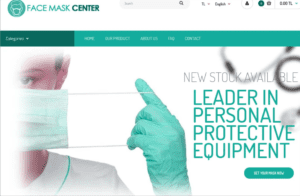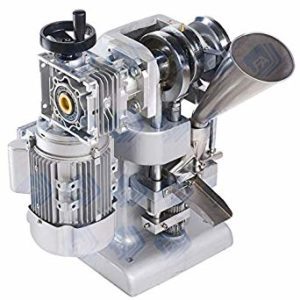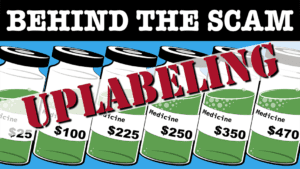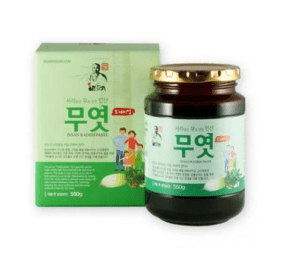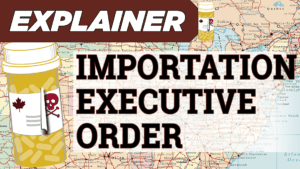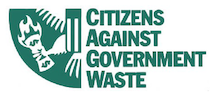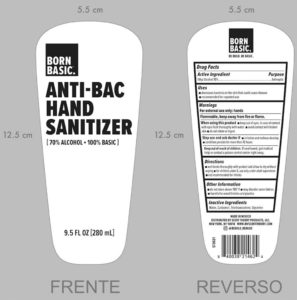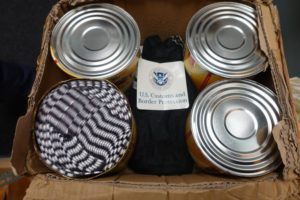22-year-old West Haven, Utah resident Jaydon Rogers was an “all-American-kid.” A champion high school wrestler, he had tremendous enthusiasm for all kinds of sports, his family and life. Jaydon died of fentanyl poisoning on March 14, 2018 after he unknowingly took a counterfeit pill.
Read MoreIn PSM’s round-up this week: selling fake facemasks to fund ISIS, fake COVID-19 cures and fake prescription drug trafficking.
Read MoreIn this August 14, 2020 editorial, Best Medicines Coalition chair John Adams explains why Canadian importation will not lower U.S. medicine prices—and why the “concept of cheap drugs from Canada has never been anything more than a political hallucination.”
Read MoreIn PSM’s round-up this week: COVID-19 fraud, a new DEA initiative to slow the sale of pill presses, and ongoing counterfeit pill news—including charges filed in the death of L.A. Angels pitcher Tyler Skaggs.
Read MoreThis week’s video goes “behind the scam” to show you “Uplabeling,” which is a technique that counterfeit criminals have used in the past to make major profits. In uplabeling, counterfeiters took a low-dose medical product and made it look like a more expensive, high-dose version of the same drug simply by changing the label.
Read MoreIn PSM’s round-up this week: Continuing COVID-19 fraud, counterfeit Botox, and ongoing counterfeit pill news.
Read MoreOn July 24, 2020, the White House issued an executive order to implement three approaches to foreign drug importation, all of which involve dipping into other countries’ drug supplies and putting them in U.S. medicine cabinets. Watch this week’s video to learn more.
Read MoreIn this July 28, 2020 editorial published in the WasteWatcher blog, Elizabeth Wright argues that the administration’s Executive Order will “encourage more illegal behavior and a greater production of counterfeit drugs from countries like China, Mexico, and India.” Wright is the Director of Health and Public Policy for Citizens Against Government Waste
Read MoreThe FDA has issued a second, more serious warning about hand sanitizers that have been made with deadly methanol. Their first warning came on July 2, when they warned they had “seen a sharp increase in hand sanitizer products that are labeled to contain ethanol (also known as ethyl alcohol) but that have tested positive for methanol contamination.”
Read MoreIn PSM’s round-up this week: PSM’s statement about drug importation, The Safeguarding Therapeutics Act, continuing COVID-19 fraud, and ongoing counterfeit pill news.
Read More
